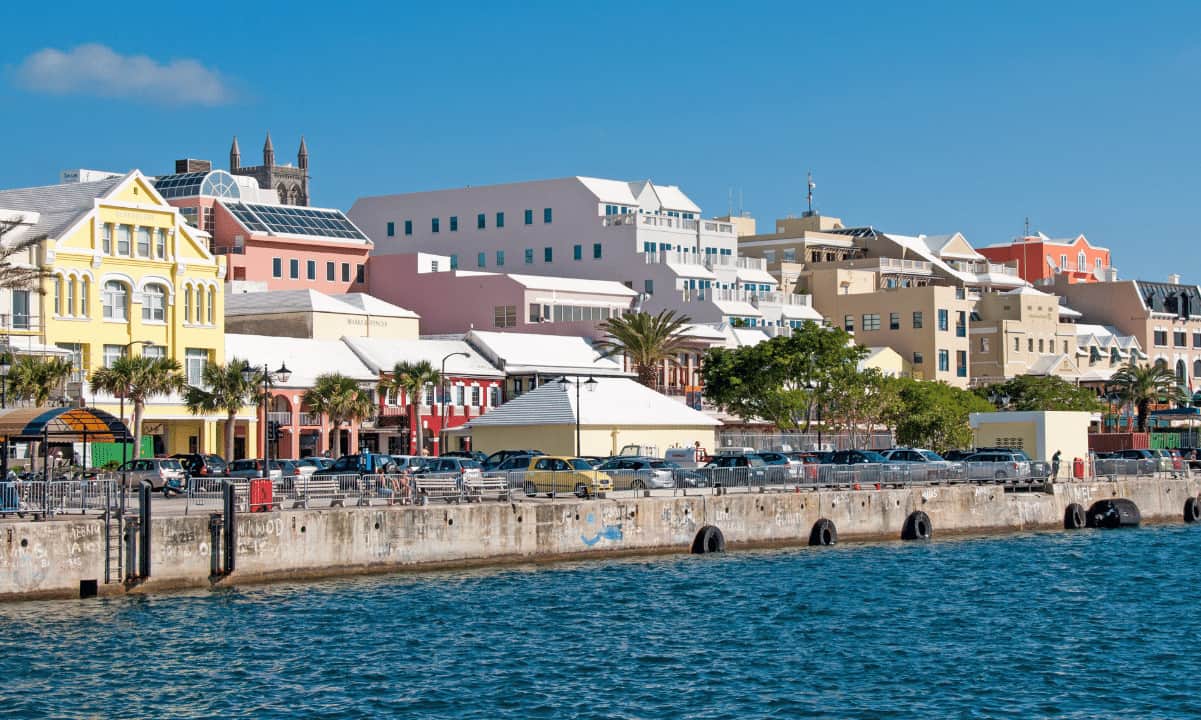Crypto’s ongoing decline could actually aid Bermuda’s goal to become a global hub of the digital asset sector.
Jason Hayward – Bermuda’s Minister of Economy and Labor – believes the island has the ability to turn into a global center of the cryptocurrency industry. On the other hand, the sector should operate under a comprehensive regulatory framework so that investors could have more protection in events like the recent collapse of Luna/UST, the politician added.
Bermuda’s Minister of Economy and Labor – Jason Hayward – does not see the recent plunge in the cryptocurrency market as an inherently adverse event. In his view, this could even aid the island’s goal to turn into a digital asset hub:
“We are aware of the recent devaluation in the price of cryptocurrencies and remain confident that it does not threaten the island’s ability to become a crypto hub. This industry downturn is likely to advance our goal and positively impact our long-term growth and role in this sector.”
Hayward reminded that the authorities of Bermuda started opening their arms to the cryptocurrency space in 2018. The government stood as an advocate of the asset class even during the bear market in 2018, hinting that this support could preserve during the current decline.
Nonetheless, the Minister opined that establishing proper regulations is urgent due to the collapse of Terra’s native token Luna and its algorithmic stablecoin UST. Such supervision could limit future investors’ losses, he added.
According to David Schwartz – President of the Financial & International Business Association – Bermuda is among the world’s leaders in terms of establishing infrastructure for crypto businesses and imposing appropriate regulations. The local authorities have also tightened the anti-money laundering controls, monitoring whether bitcoin or the altcoins take part in illicit transactions.
Legislation approved in 2018 requires all cryptocurrency companies in Bermuda to get a license from the Bermuda Monetary Authority (BMA). The island’s top financial watchdog also controls the domestic insurance and reinsurance industry.
The BMA has given its green light to 14 crypto firms to operate on local soil, with some of the Notable enterprises being Circle, BlockFi, and Bittrex.
When speaking of countries with a positive stance on the digital asset industry, Portugal and Gibraltar are worth mentioning. The former treats the asset class as a currency and does not impose VAT or other taxes on local investors. Most recently, the nation’s authorities dabbled with implementing such a tax but ultimately rejected the proposal.
The British Overseas Territory of Gibraltar is another example. It has a regulated cryptocurrency regime designed to protect businesses that deal with the asset class and is among the leaders in terms of blockchain adoption.
Not long ago, the leading Chinese crypto exchange – Huobi – revealed its intentions to move its spot-trading operations there.
Dimitar got interested in cryptocurrencies back in 2018 amid the prolonged bear market. His biggest passion in the field is Bitcoin and he was fascinated with its journey. With a flair for producing high-quality content, he started covering the cryptocurrency space in late 2018. His hobby is football.
Sign-up FREE to receive our extended weekly market update and coin analysis report


